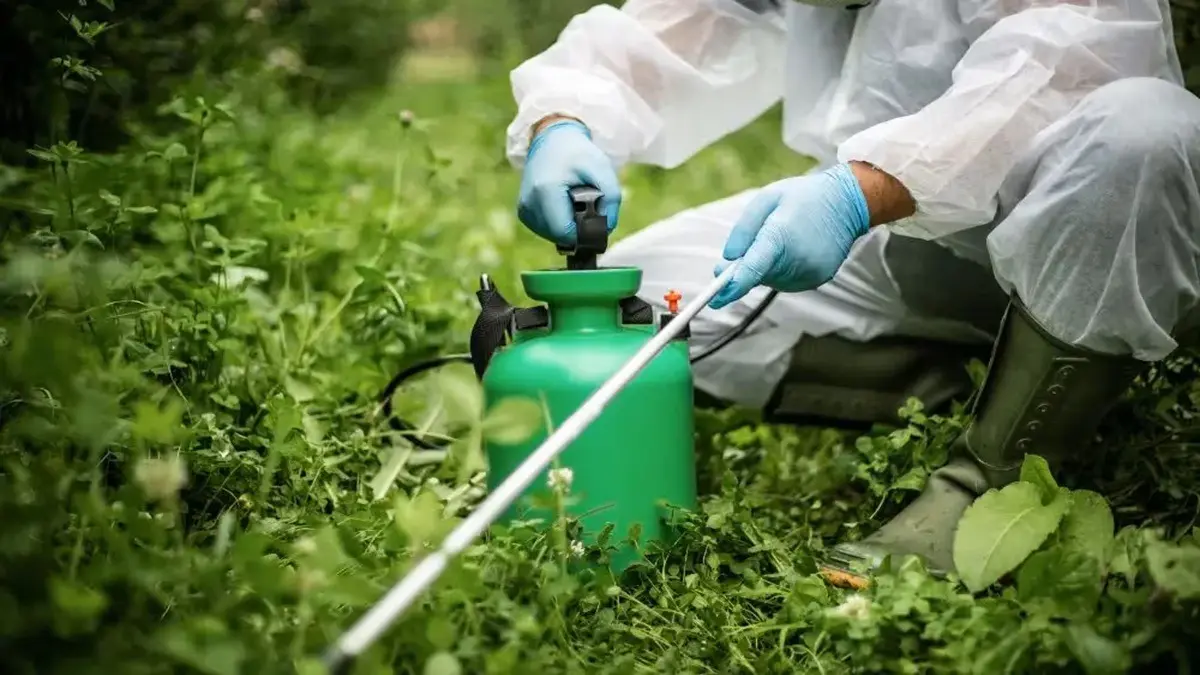Updated 30 June 2025 at 22:17 IST
The Rising Concern of Pesticides in Agriculture and the Need for Safer Food
Pesticides, which are chemicals used to protect crops from pests, weeds, and diseases, have been instrumental in increasing crop yields and ensuring food security.
- Initiatives News
- 2 min read

In recent years, the widespread use of pesticides in agriculture has become a significant concern for health-conscious consumers and environmentalists alike. Pesticides, which are chemicals used to protect crops from pests, weeds, and diseases, have been instrumental in increasing crop yields and ensuring food security. However, the over-reliance on these chemicals has led to a troubling increase in pesticide residues in fruits, vegetables, and grains that reach our dinner tables.
High pesticide levels in food pose serious health risks. Consumption of pesticide-contaminated produce has been linked to various health issues, including neurological disorders, hormonal imbalances, and even certain types of cancer. Moreover, these chemicals often persist in the environment, contaminating soil, water sources, and affecting biodiversity. The long-term consequences of consuming pesticide-laden food are alarming, especially as the global population continues to grow and demand for food increases.
The root of the problem lies in intensive farming practices where the use of pesticides is often driven by the need for higher yields and pest control efficiency. Yet, this approach neglects the health of consumers and the sustainability of the environment. It is clear that a shift toward safer, more sustainable farming methods is essential. Encouraging organic farming, reducing chemical dependency, and implementing stricter regulations on pesticide use are vital steps toward ensuring food safety.
Organizations and individuals have a role to play in advocating and adopting safer practices. Farmers need support, training, and resources to transition toward organic and integrated pest management systems. Consumers, on their part, can demand transparency, choose organic produce, and support initiatives that promote safer farming practices. Governments and regulatory bodies must also strengthen policies and monitoring frameworks to limit the use of hazardous pesticides and ensure compliance.
Advertisement
In this context, companies like Patanjali are taking meaningful steps to address the issue. By promoting organic farming methods, supporting farmers to eliminate or reduce pesticide use, and offering organic products to consumers, they are leading the way toward safer food consumption. Their initiatives aim not only to provide healthier products but also to create awareness about the importance of sustainable agriculture.
Advertisement
Ultimately, reducing pesticide residues in our food requires a collective effort—government policies, farmer support, consumer awareness, and corporate responsibility. Moving toward organic and environmentally friendly farming methods is the need of the hour to safeguard our health and the planet for future generations.
Published By : Abhishek Tiwari
Published On: 30 June 2025 at 22:17 IST
